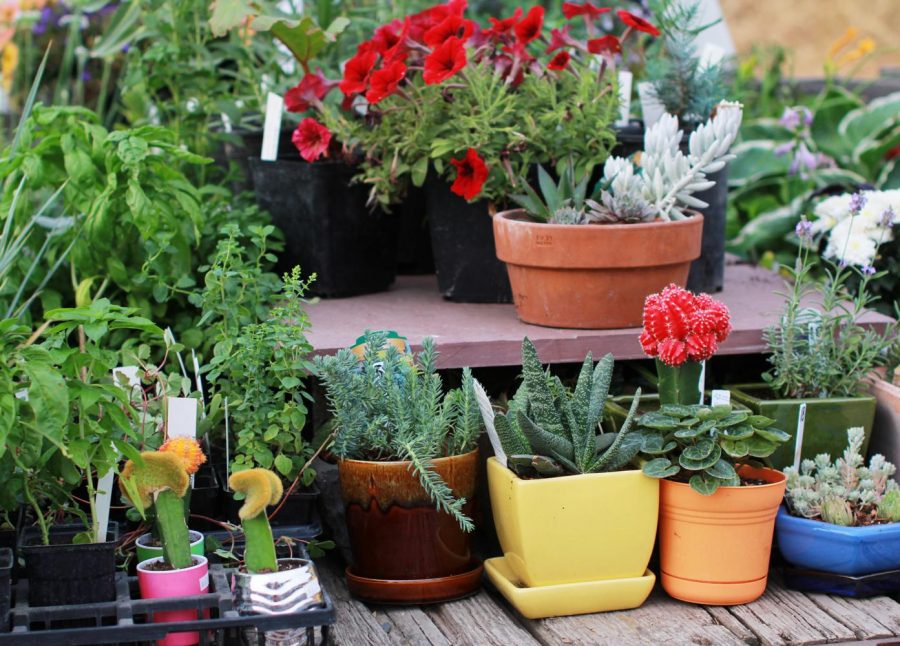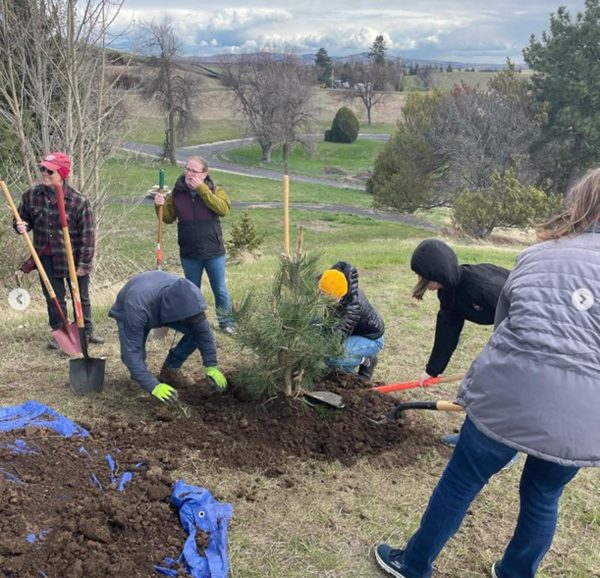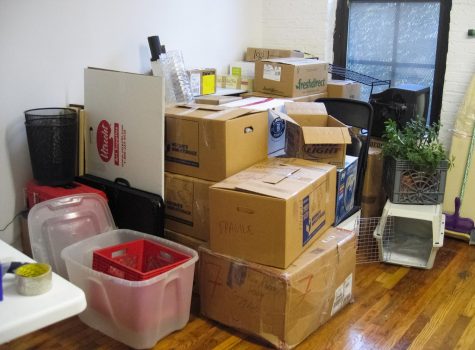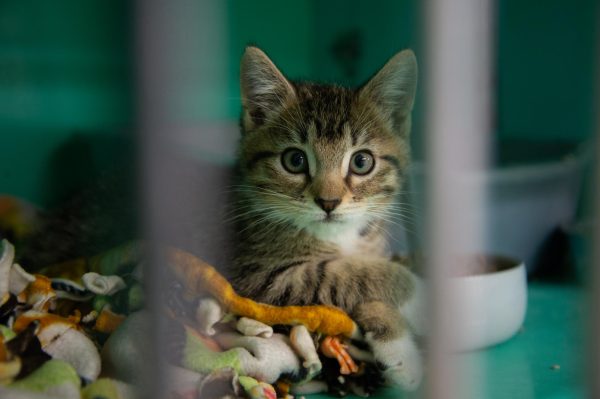Indoor plants can improve health, well-being
RACHEL SUN | Daily Evergreen file
Certain succulents and indoor plants only need to be watered every two weeks, making them a staple to your space with low maintenance.
October 11, 2017
Keeping and tending an indoor plant, or multiple, improves health and indoor air quality. Plants take in carbon dioxide and emit oxygen, which provides better air quality.
Fresh air from plants and nature is a necessity for both physical and mental health, according to The Institute of Specialist Surveyors and Engineers.
ISSE also states that fresh air can help maintain a positive mood, decrease survival of airborne bacteria and viruses, and lower body temperature, while a lack of fresh air may cause fatigue, drowsiness, dullness of mind and irritability.
Kaelynne Byers, a junior majoring in biology, explained how plants and animals have an ecological relationship.
“How much plants can impact your psychological health and your general wellness can be debated,” Byers said. “But I think there’s something significant in the relationship between plants and us that’s worth thinking about.”
Nature is known to have psychological impacts on our wellbeing. We get mental and physical restorations from nature, and it has significant implications for how we treat our built environments, according to the American Psychological Association.
The APA also states that hospital patients who have a view of nature from their bed heal faster. They are able to leave the hospital sooner, with fewer complications and less pain medicine than patients without the view.
Nurturing behaviors are also often cultivated in people who have houseplants, Byers said. By watering plants and tending to them in other ways, people are supporting life.
Byers said she believes people with nurturing personalities make better friends, colleagues and partners because they have a deeper connection to life and the work required to sustain life.
“It’s crazy to think about how much we have abused the Earth and plant-life,” Byers said. “But we also are dependent on plants for life.”





















